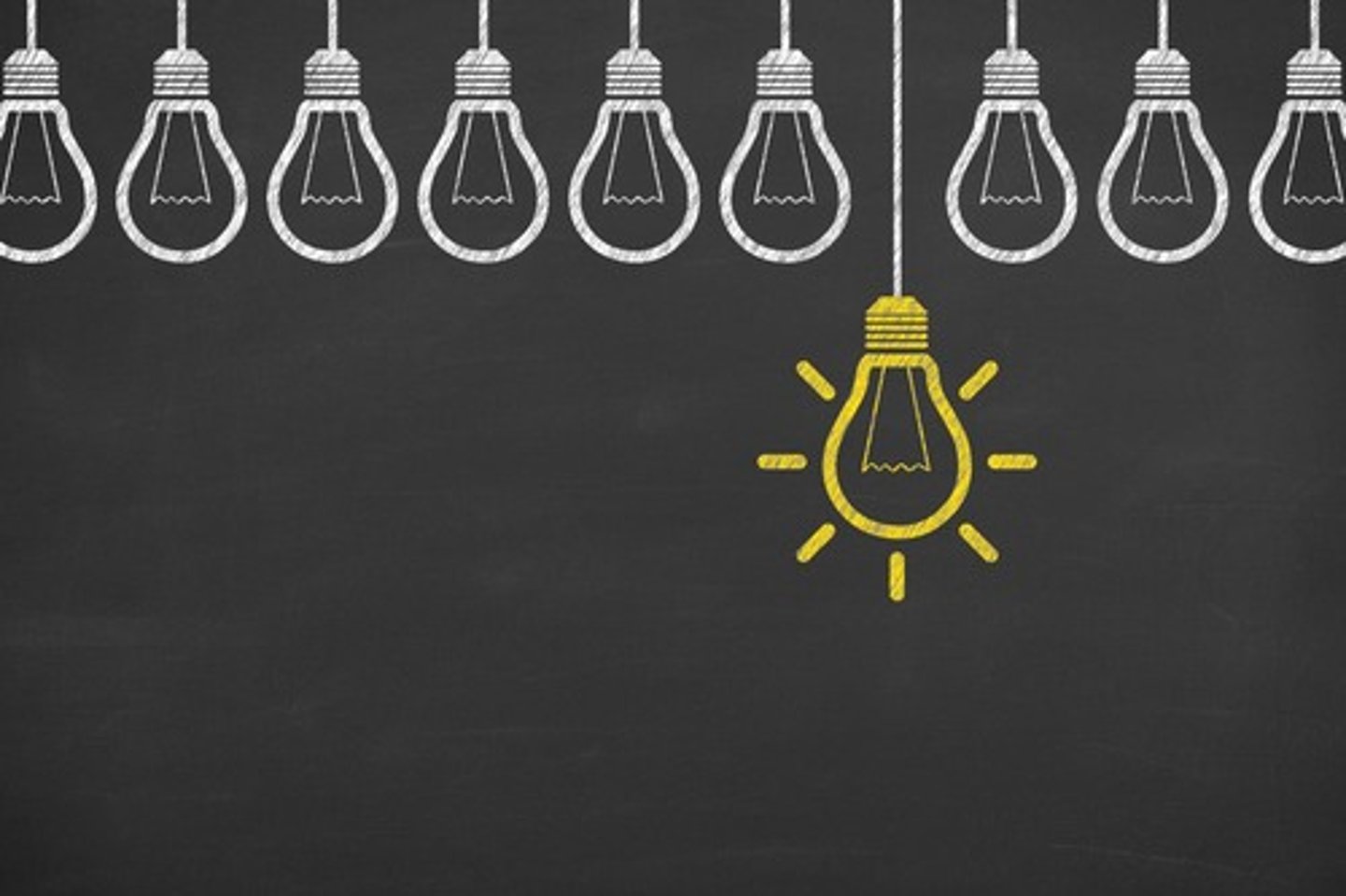CH5 Piaget’s Cognitive Development Stages: Key Concepts and Characteristics
1/19
There's no tags or description
Looks like no tags are added yet.
Name | Mastery | Learn | Test | Matching | Spaced | Call with Kai |
|---|
No analytics yet
Send a link to your students to track their progress
20 Terms
What is the main focus of Piaget's Theory of Cognitive Development?
It emphasizes the active role of the individual over biological predisposition and external environmental influence.
What are the four distinct stages of Piaget's cognitive development theory?
1. Sensorimotor Period 2. Preoperational Thought 3. Concrete Operational Thought 4. Formal Operational Thought.
What occurs during the Sensorimotor Period?
Scheme development occurs via sensory and motor activity, leading to the understanding of object permanence and symbolic thought.
What is a scheme in Piaget's theory?
A scheme is a mental set of flexible action patterns through which we develop an understanding of the world.
What are the two main elements of a scheme?
1. Object in the environment 2. Our reaction to the object.
What is object permanence?
The understanding that objects continue to exist even when they cannot be seen.
What cognitive functions do children develop during the Sensorimotor Period?
Children develop symbolic thought, stable identity understanding, cause and effect relationships, organization into categories, counting, and feelings of empathy.
What are the characteristics of the Preoperational Thought stage?
Children use symbolic thought but suffer from limitations such as centration, irreversibility, poor reasoning, egocentrism, and difficulty distinguishing reality from fantasy.
What limitations do children face during the Preoperational Thought stage?
They struggle with centration, irreversibility, transformations between states, poor deductive and inductive reasoning, egocentrism, animistic beliefs, and distinguishing appearance from reality.
What abilities do children develop during the Concrete Operational Thought stage?
They can classify objects, use inductive and deductive reasoning, understand cause and effect, seriate objects, and visualize spatial relationships.
What is transitive inference in the context of Concrete Operational Thought?
The ability to infer how two objects are related to each other based on their relationship to a third object.
What mathematical abilities begin to develop in the Concrete Operational Thought stage?
Children begin to master conservation and have more advanced mathematical abilities.
What characterizes the Formal Operational Thought stage?
The development of abstract thought and the use of hypothetical-deductive reasoning instead of trial-and-error solutions.
What is heteronomous morality according to Piaget?
Morality of constraint, where rules are seen as fixed and unchangeable.
What is autonomous morality?
Morality of cooperation, which develops around age 10, where individuals understand that rules can be changed through mutual agreement.
What is the significance of moral development in Piaget's theory?
It highlights the transition from a rigid understanding of morality to a more flexible and cooperative approach.
What cognitive abilities do children gain in the Concrete Operational Thought stage?
They gain the ability to classify objects, use reasoning, understand spatial relationships, and master conservation.
What is the role of hypothetical-deductive reasoning in the Formal Operational Thought stage?
It allows individuals to systematically test hypotheses and reason about abstract concepts.
What is the impact of Piaget's theory on understanding child development?
It provides a framework for understanding how children's thinking evolves through distinct stages.

What are some criticisms of Piaget's theory?
Critics argue that Piaget may have underestimated children's abilities and that cognitive development may not occur in strict stages.